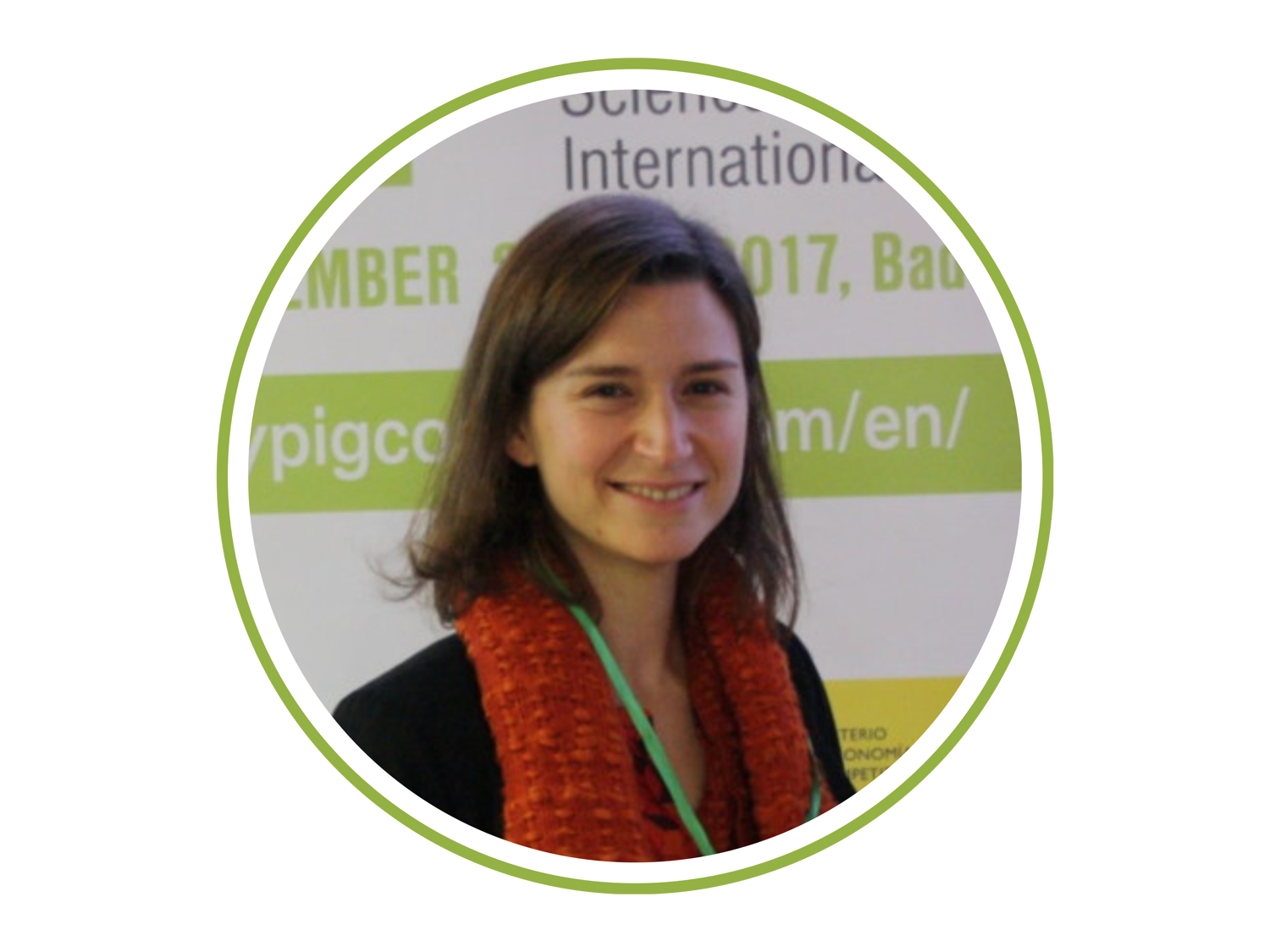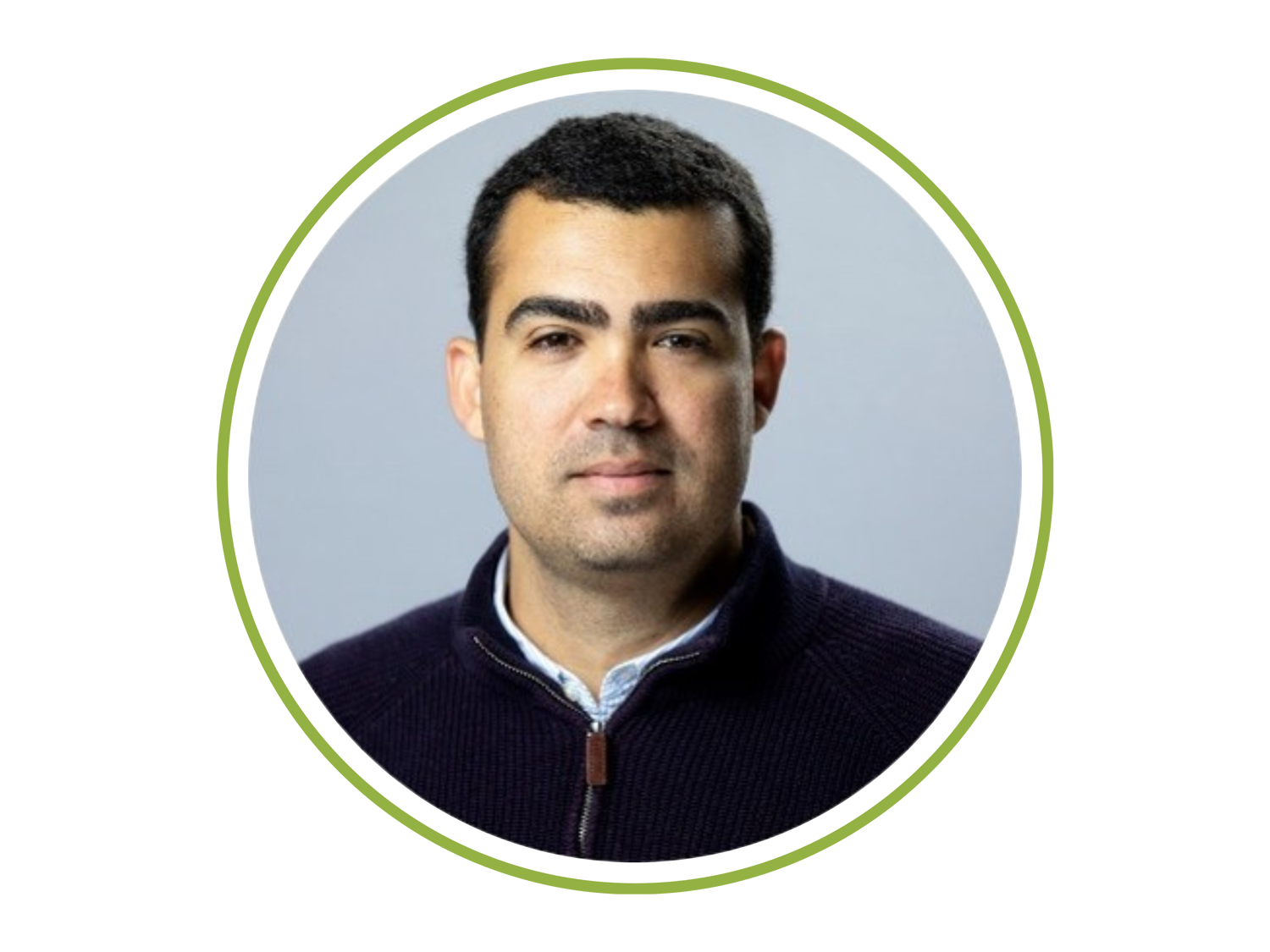Immunesuppression & Environmental challenges
The impact of health in targeting efficiency and longevity
In this session, our speakers addressed new insights in:
-
Effects of Zn hydroxychloride on biomarkers of inflammation
-
Effects of Zn hydroxychloride on biomarkers of inflammation and intestinal integrity during feed restriction and heat stress
- Targeting the hindgut to improve health and performance.
- In utero heat stress programs: a lower health and productivity phenotype in the calf
- Late gestation heat stress programs: lower productivity and health in the cow
- Leveraging Artificial Intelligence to optimize farm management decisions
Speakers

Dr. Lance Baumgard is a Professor in Dairy Science in the College of Agriculture and Life Sciences at Iowa State University. He specializes in nutritional and environmental physiology. Baumgard’s group first discovered that reduced feed intake explains about 50% of decreased farm animal productivity during heat stress. In the last decade, his group has systematically discovered a series of events that explains the other 50%. In doing so, he has become a global leader in multiple and seemingly unconnected fields. The distinction of his program is demonstrated by invitations to numerous scientific symposia. He has given 86 international presentations in 22 different countries and spoken to diverse organizations, including the National Institutes of Health, the Chinese Academy of Agricultural Sciences, the Federation of American Societies of Experimental Biology and the International Congress on Farm Animal Endocrinology. Baumgard’s stature in the academic community is also reflected by prestigious awards he has received from scientific societies that focus on human nutrition and basic metabolism, as well as animal agriculture.
Dr. Victoria Sanz-Fernandez is originally from Madrid (Spain) where she obtained her degree in Veterinary Medicine from the Universidad Complutense. After working in large animal clinics, she went on to pursue a PhD in Nutritional Sciences at Iowa State University under the supervision of Dr Lance Baumgard. The topic of her dissertation was heat stress and its effects on gut health and metabolism. She completed 2 postdocs at the Pasteur Institute in France and the Institute for Agricultural Research in Spain, before joining Trouw Nutrition in 2018. In her current role, Victoria focuses on the transition cow and specifically how gut health affects performance and health around this period.


Dr. Geoffrey Dahl is Harriet B. Weeks Professor and Director of the Feed The Future Innovation Lab for Livestock Systems in the Department of the Animal Sciences at the University of Florida, conducting applied and basic research with direct impact on animal production and health.
Specifically, his program focuses on understanding the physiological impact of management interventions, notably photoperiod and heat stress abatement, at various stages of the lactation cycle, to harness that knowledge to optimize cow health and performance. The fundamental aspects of Geoff’s research has led to application in other agriculturally important species including sheep, goats and pigs. In his career Dr. Dahl also accumulates other important functions, serving as former president in the American Dairy Science Association and former Chair in the Department of Animal Science at the University of Florida.
Joao Dorea is an Assistant Professor in Precision Agriculture and Data Analytics. He obtained his BS (2008) in Agronomy from the Bahia State University (Brazil), MS (2010) and PhD (2014) degree in Animal Science from the University of Sao Paulo (Brazil). Dr. Dorea spent two years coordinating dairy and beef research in Latin America for DSM, a global supplier of animal health and nutrition. In 2019, he was hired as an Assistant Professor in the Department of Animal and Dairy Sciences (UW-Madison). Dorea develops research focused on digital technology and predictive analytics to optimize farm management decisions. His research group is interested in large-scale implementation of computer vision systems, wearable sensors, infrared spectroscopy, and other sensors to monitor animals in livestock farms. Examples of application include the use of digital technologies to monitor animal behavior, growth development, social interaction, and early detection diseases or animal welfare concerns. Such innovative research program has been extremely well accepted by the livestock industry and scientific community and has also attracted intramural and extramural funding.
